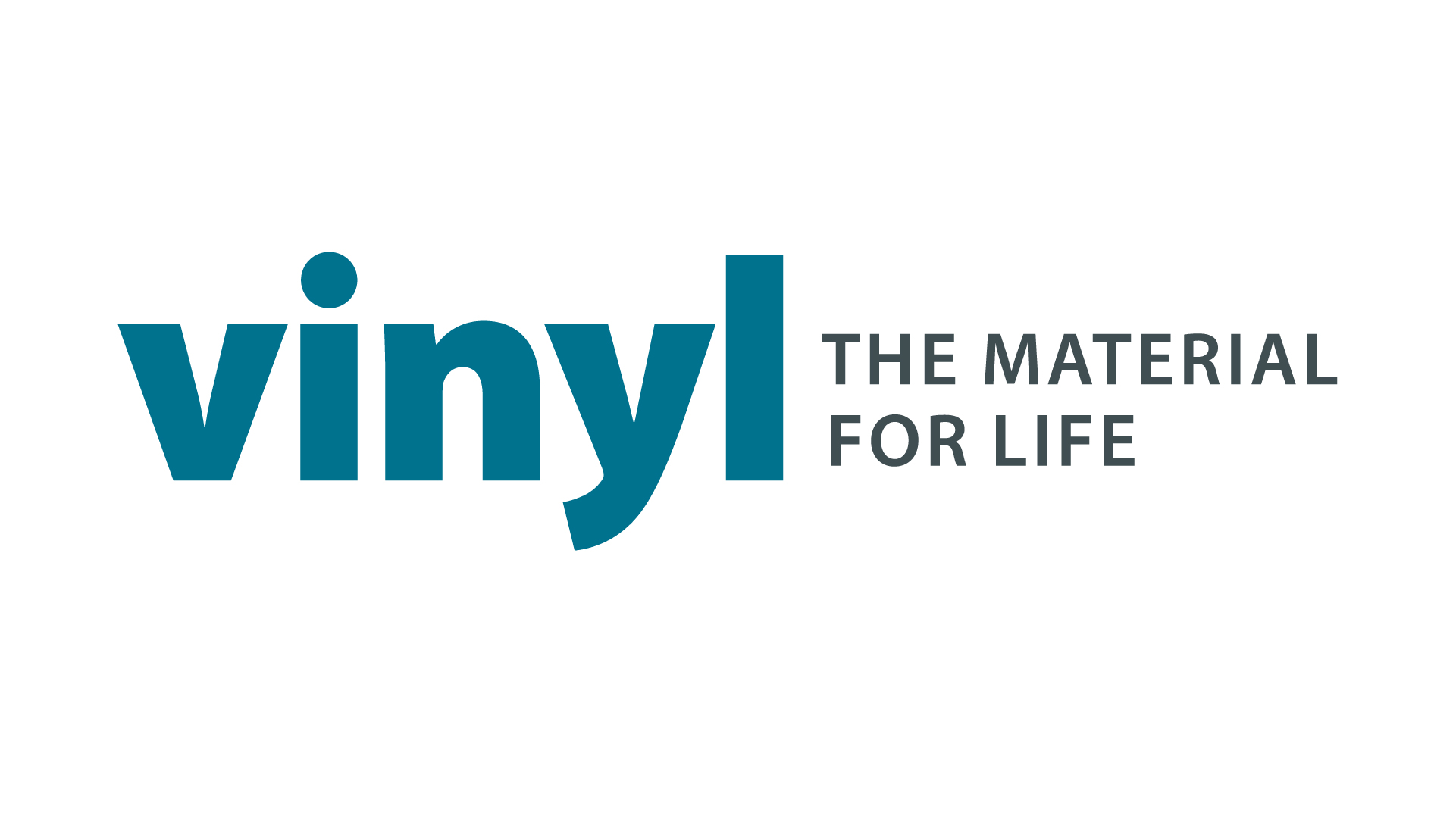This website uses cookies so that we can provide you with the best user experience possible. Cookie information is stored in your browser and performs functions such as recognising you when you return to our website and helping our team to understand which sections of the website you find most interesting and useful.
News
False Claims About PVC Comprise Lawsuit Against EPA
The dialogue on vinyl is too often one-sided, misinformed, and misleading, so we’re used to having to fight for its reputation.
Last month, another troubling example was added to our docket when the Center for Biological Diversity (CBD) filed suit against the U.S. Environmental Protection Agency (EPA) in an attempt to compel it to regulate PVC as a hazardous waste. This suit is a continuation of CBD’s seven-year-old action against the EPA which was dismissed by the Obama Administration in 2014.
The simple truth is that PVC is not hazardous.
The suit was replete with errors and unfounded insinuations. Here are just a few examples:
- Claim: “Scientists have long understood that PVC is highly toxic to human health and the environment.” Fact: PVC is responsibility produced and governments around the globe have recognized that this material has been used safely in consumer and commercial applications for the past 50 years.
- Claim: Of the PVC landfilled each year, “toxins from PVC migrate into waterways and harm the environment and human health.” Fact: Vinyl is safely and effectively managed like other municipal wastes around the world. In fact, vinyl is used to line landfills to prevent contamination of groundwater and increasing amounts of vinyl are being recycled at the post-consumer level. From 2015 to 2019, the amount of PVC that was landfilled decreased by 100,000 lbs.
- Claim: PVC is a durable material with uses in many building and construction applications. “Experts anticipate annual waste generation will increase significantly in the near future” as these products reach the end of their useful lives. Fact: Many vinyl applications have services lives of several decades up to 100 years. These applications are 100% recyclable, and many manufacturers have takeback programs that recycles the original product to ensure a circular solution.
If there was one thing the petition got right it was the first point in their declaration:
“Polyvinyl chloride (‘PVC’), commonly known as ‘PVC’ or ‘vinyl,’ is one of the most commonly used types of plastic in the world. Found in packaging, children’s toys, building materials, and hundreds of other products, PVC is ubiquitous in American life.”
We’re proud of the role PVC plays in American society, and we never try to hide the products that are manufactured with PVC. PVC pipe provides clean drinking water to families around the nation, and even the globe. Vinyl is also used for blood bags because they won’t break if dropped and it keeps blood longer than competing types of containers. It’s inherently flame resistant, making it the optimal choice for indoor sprinkler systems and wire jacketing.
Although we’re disappointed CBD filed suit, we’re not surprised. In May, the group notified the EPA of its intent to sue because the Agency did not reply to their initial request. We at the Vinyl Institute call on the EPA to once again dismiss these claims as they did during the Obama Administration, which are just as false today as they were seven years ago.
PVC is a quality product of choice that continues to improve our daily lives.


